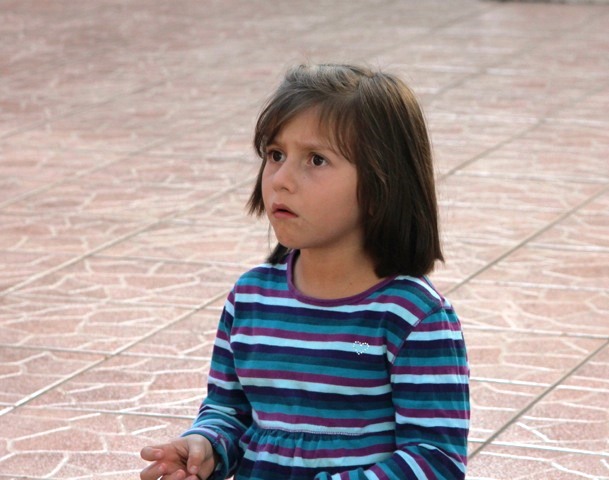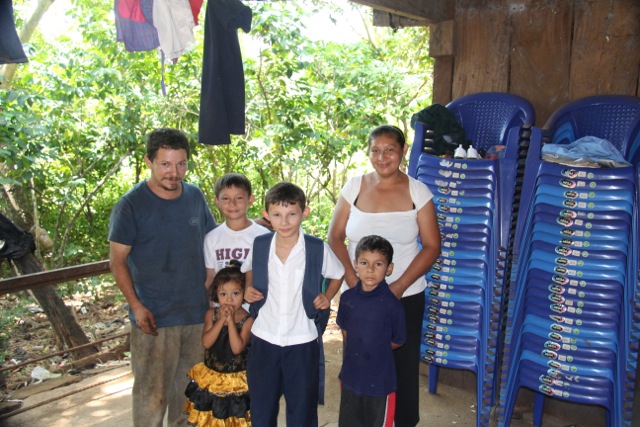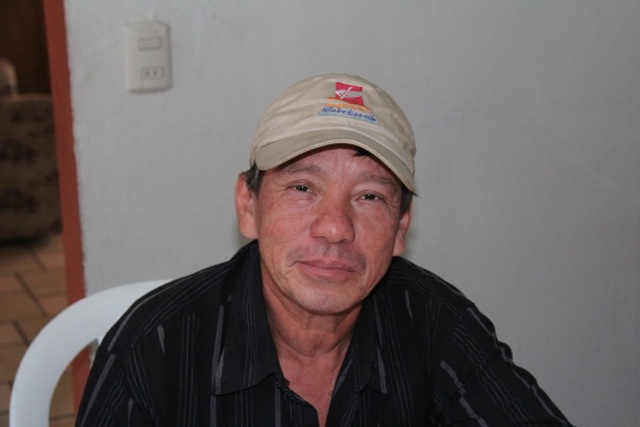The Story of Survivor’s Guilt
“God must have made a mistake and left me alive.” (Syrian survivor via NPR interview.) In a second interview by an Iraq war veteran who was ordered out of the Jeep right before his entire platoon was bombed in it, his response was, “It would have been easier to die. I feel guilty for living, but also feel a responsibility to honor their memory.” Sonali Deraniyagal writes of losing her parents, husband, and two sons in the tsunami in Sri Lanka in her book, Wave, “I can’t live without them. . . . Why didn’t I die? Why did I cling to that branch?”
In a split second a crisis can change a life forever. If it were you, what choices would you make? Whom would you save? How would you survive?
The Holocaust, plane crashes, fires, bank robberies gone bad, natural disasters, AIDS and other epidemics, 9/11, Columbine and Newtown, combat/hostage/and related war situations, suicide.
This is a partial list of traumas in which some people are casualties and from which others manage to escape. For those who survive, the condition known as survivors’ guilt/syndrome is common. It is a form of PTSD (post traumatic stress disorder).
A reference to the Rwandan massacre in 1994 between the Hutus and the Tutsis mentions “Survivors of all ethnic groups experienced profound guilt: guilt for killing, guilt for surviving, guilt for not doing enough to prevent or mitigate the conflict.” (p. 94 To Heaven and Back by Mary C. Neal).

Young girl looks wistfully into an uncertain future.
For a tiny country, El Salvador is literally FULL of survivors. The civil war that wreaked havoc there from 1980-1992 was responsible for many of those who today continue to be plagued by survivors’ guilt. During that time so many of them witnessed atrocities of family members and friends being tortured and killed. Others were themselves brutally victimized but managed to escape and survive. Others were the perpetrators, members of the military who were ordered by superiors to commit and carry out horrendous war crimes against fellow civilians. Because there were many children as well as adults affected by this phenomenon, survivors’ guilt in El Salvador spans more than one generation living in the country today.
There is no shortage of material available on this theme. Songs such as “Empty Chairs and Empty Tables” in Les Miserables or books and movies, including Sophie’s Choice, deal with the haunted soul of the survivor.
In this condition the survivor initially experiences elation at having survived the catastrophe. That euphoria quickly subsides and is replaced by dark mental images of the horror witnessed. These survivors typically begin to blame themselves for the deaths of the others. “What if?” and “I should have” are common responses they share.

Raging waters took his family after which alcohol became his companion
At that point the symptoms common to PTSD begin to manifest themselves: a sense of helplessness and/or hopelessness, sleep disturbances including nightmares, social withdrawal, anxiety, and depression.
Without professional treatment the guilt can become debilitating and immobilizing. Physical complaints and substance abuse are not uncommon. Spiritual questions often arise in the individual experiencing the trauma who may begin to ask the meaning and purpose of life, and justice. One’s entire spiritual core and belief system can be shaken.
However, with professional assistance and guidance, guilt can be a mobilizer. A question I often ask Salvadoran survivors of natural catastrophes or war is whether they received professional help. Generally what I hear is that no grief therapy or support groups were available for adults. No play therapy was in place for the children. There were no services of any type available for the vast majority we interviewed. Survivors were left on their own to cope. Some coped better than others. Years, even decades later,many continue to be plagued by their feelings.

He resolves to never lift a gun again.
Yet many of the survivors of the Salvadoran war report to us that, despite personal pain in recalling the events, what has been helpful to them is the opportunity to share their experiences with others like us who are interested in their history. For them it is a way of coming to terms with their past and moving ahead with the next chapter of their lives. When they verbalize their stories, they are able to face the reality they lived. They grow in resolve, realizing that the choices they made at that crucial point in their lives were the best choices they could have made in order to survive. There is nothing they could have done differently to help those who did not survive.
These individuals realize what a blessing it has been to be survivors. By sharing their stories of survival, they are able to pay tribute and honor the casualties as well as remind the world that war never solves problems, rather war creates a new set of them. These survivors hope that by sharing their stories, war will never happen again.
Other survivors divert their guilt into helping others who face traumatic situations. They may become emergency first responders, for instance. Others work with families of victims to provide consolation. Some work toward memorials honoring or supporting a cause for which many died, such as Holocaust victims in Europe. Similarly the El Mozote massacre site in the Morazan department in El Salvador is witness to its civil war that the citizens want to be remembered so that its horrors will never be repeated.
Recently I had the privilege of interviewing a reknown Salvadoran musical composer. Having the topic of survivors’ guilt in the back of my mind, I suggested if he needed an inspiration for a new piece, he may want to consider writing and dedicating a song to the many survivors of trauma in his country. It could be a powerful and transformative source of healing to many. We’ll see if he feels inspired to write such a piece.
In a split second a trauma could change your life forever. What choices would you make? Whom would you save? How would you survive? Would you become immobilized by guilt or mobilized into action?


